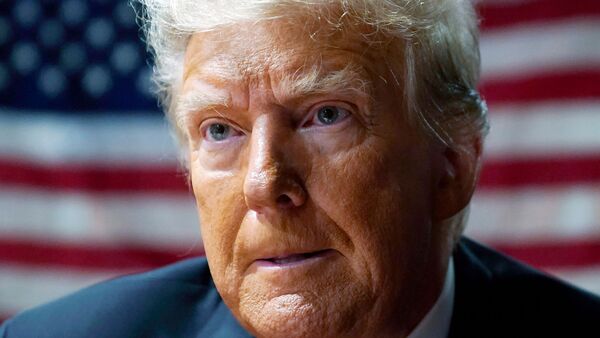The discusses a court ruling that rejects former U.S. President Donald Trump’s plea for absolute presidential immunity against a defamation lawsuit filed by columnist E. Jean Carroll. The court’s decision is the latest development in a legal battle between Trump and Carroll, who accused him of sexually assaulting her in the 1990s.
The court ruling is significant as it reaffirms that a sitting president does not enjoy absolute immunity from civil lawsuits unrelated to official duties. The decision allows Carroll’s defamation case against Trump to proceed, marking a setback for Trump’s legal defense strategy. The court reasoned that Trump’s actions pertaining to Carroll’s allegations were not within the scope of his official capacity as president, thereby rejecting the argument for absolute immunity.
The article highlights how this ruling could have broader implications for future legal cases involving presidents and their immunity claims. It discusses the ongoing debate over the extent of a president’s immunity while in office and emphasizes the importance of holding presidents accountable for their actions.
The court’s decision serves as a reminder that the principle of equality before the law applies to all, including presidents. It underscores the importance of preserving the integrity of the legal system and ensuring that no one is above the law, regardless of their position or power.

